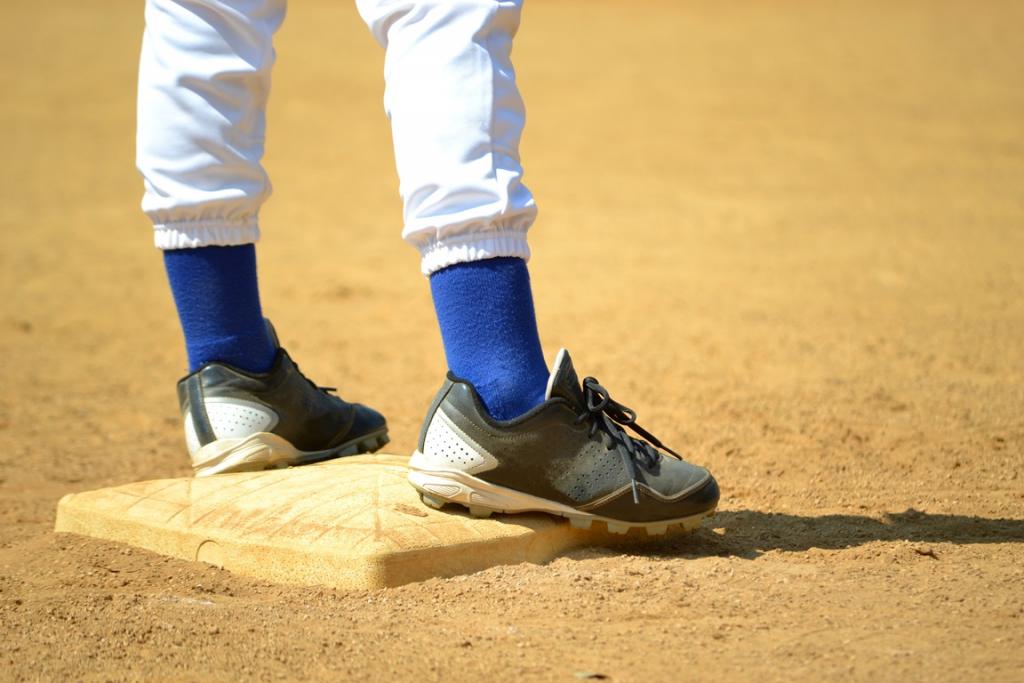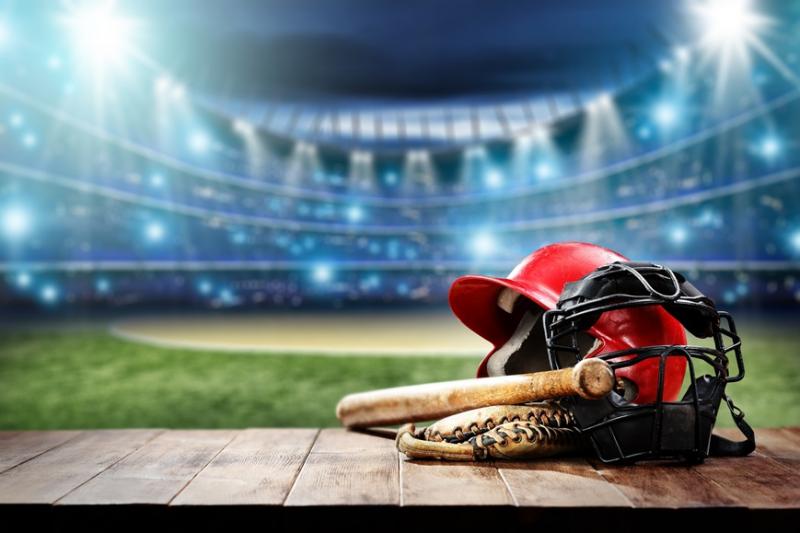6 Essential Baseball Training Equipments You Should Have
Whether you're a young baseball player or an expert, you need regular training. Not only will it help you remember each baseball trick your coach teaches, but it will also enhance your stamina, strength, and overall skill. Without proper training, you might end up losing a game your team has prepared for.
Alongside your regular training schedule is your baseball training equipment, which is vital to help you develop more skills and tricks that you can apply to the real game. That's why you should have the following baseball training equipment:
1. Baseball Hitting Stick
One of the things you must have is a baseball hitting stick. It's a simple training tool similar to a soft-toss wherein you can use it in an open area. This device can help develop your timing, directional hitting, and hand-eye coordination.
In short, a hitting stick develops one's batting skills as the batter will take the usual stance, swing the bat and hit the knob of the baseball hitting stick.
To make it more effective, the batter should perform at least ten swings before proceeding with the next stick position. There is the option of getting an affordable yet more improvised baseball target stick from Quickplaysport.us here.
2. Solo Hitter
For baseball training at home, you can use a solo hitter. Although a bit expensive, it's worth the price as you can use it at home or anywhere you want to train for baseball. You can even use it with your team.
Since it's like a private batting cage, it can make your swing consistent and powerful. When you swing or bat repetitively, you can also develop your muscle memory and bat speed. With such practice, you can become a natural in the field.
Not only that, but a solo hitter is appropriate for any age because it acts as a batting practice machine.
You can also bring it anywhere, so when you're on vacation but still need to train, a solo hitter can solve your problem. It's portable and collapsible, which makes it easy to set up anywhere.
3. Glove Trainer
Aside from enhancing your batting skills, you should also train to be an infielder. Of course, you should use a glove trainer during this session.
With a glove trainer, you can enhance your fielding techniques. Since you will get a feel for how it is on the infield, this will help you develop soft hands. More often than not, training with a glove trainer enhances your reaction time while speeding up your transfer time.
4. Mini Baseballs
If you want to go big, you have to start small. And that, my friend, is also applicable when you're training to become a baseball pro player. Thus, you should practice with small balls or mini baseballs.
With these tiny balls, you're developing your bat speed, pitch tracking, and hand-eye coordination. It's a bit tricky, but starting with mini baseballs allows you to line up the ball with your bat.
You can even use mini baseballs before the real game as they're best for warm-ups. Moreover, these tiny baseballs are suitable for all ages, so you should add these to your baseball equipment.
5. Baseball Cleats
Training is more than just brushing up on your skills; you should also train safely. Well, what's the point of training if you'll only end up injuring your body? That's why, even if it's just for an hour or two, you should train with your baseball cleats.
Nowadays, high-quality baseball cleats are made to protect players from injuring themselves during training and actual games. Although they may come expensive, you can use them for the entire season or more. It's because baseball cleats are now quite durable.
Baseball cleats come in different forms, such as metal cleats, molded cleats, and turf cleats. However, you must choose the one that feels comfortable during your training.

6. Helmet
Another protective gear you should have when training is your batting helmet. With one wrong move, you may end up with skull fractures or concussions. You shouldn't take these serious matters lightly as some have even died from them.
To avoid such tragedies, you must wear a batting helmet even when you're training. Since helmets are made to protect you from head injuries, you'll decrease your chances of being injured before the real game.
Although no helmet is concussion-proof, this gear will help lessen the impact your head will feel. Thus, you won't hurt your head as seriously while wearing a helmet as compared to when you’re not wearing one.
Conclusion:
Now that you're all set, you can start training. You may think that training is not as vital as the real game, so you don't need the right equipment. However, you may need to think again.
Training with the right baseball equipment helps you familiarize yourself with the gear while developing your skills. That's why you should practice with a hitting stick, mini baseballs, hitting cage, and glove trainer.
More importantly, you should keep yourself safe from any injury by wearing the right baseball cleats and a helmet. That way, you'll be ready for the game in no time at all.

